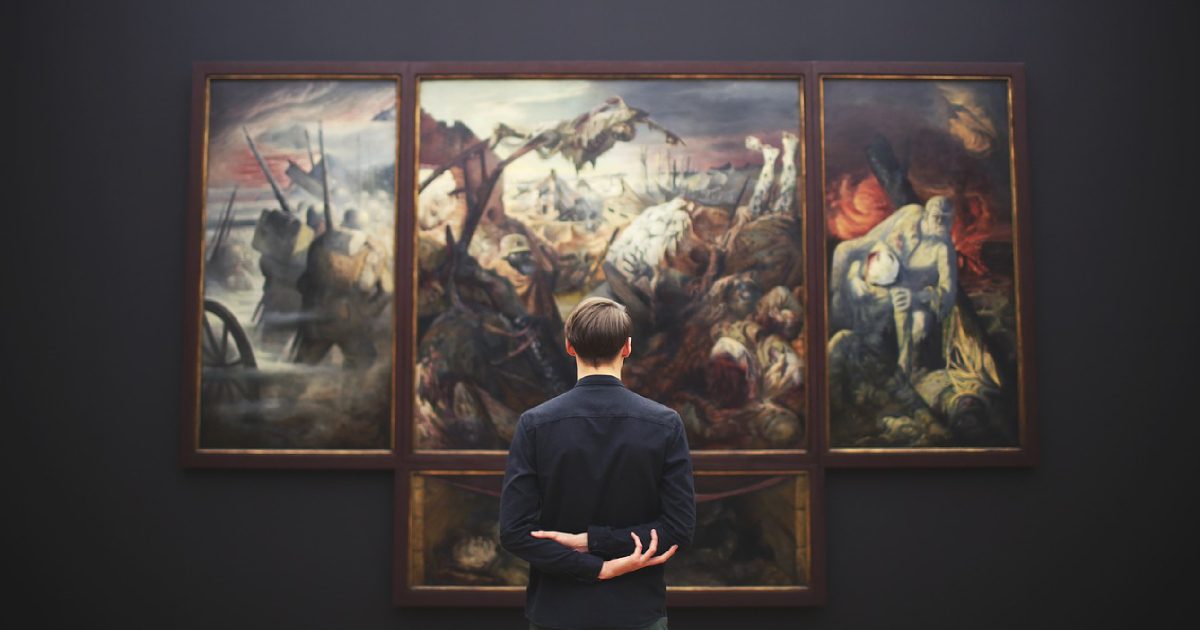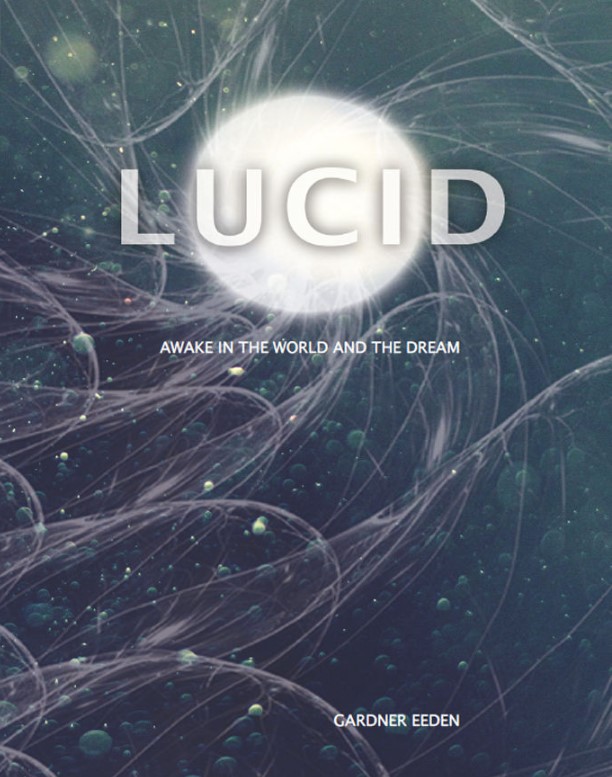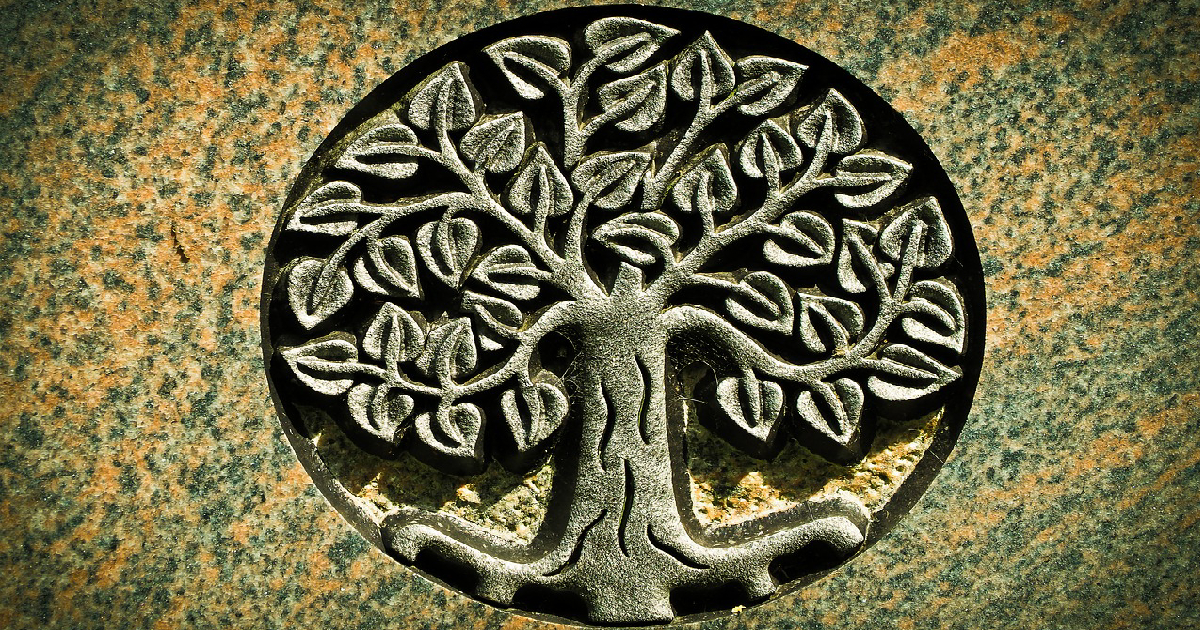What is it about lucid dreaming that fascinates you?
No matter how many times one achieves lucidity, it is ALWAYS profound to know that you have this dual consciousness; because I have been such an avid lucid dreamer, and capable of slipping into the dream in napping, or meditative states, or any non-REM state, I began to believe we are all biconscious, experiencing the dream and the world simultaneously, and achieving various levels of lucidity in one or the other. To me, the dream and the world are flip sides of the conscious stream; when I’m aware in one state, the other becomes the “subconscious.” I believe human consciousness can evolve to a level of concurrent awareness within both states.
I’m also fascinated by the notion of morality—what it means in the world is pretty clear, but what does it mean in a world that is largely of your own construction and in which you exercise God-like powers?
What techniques do you use to become lucid? Which do you find most helpful?
Lucidity comes to me frequently (a bit less with age); staying lucid for an extended period is the challenge. I did have to learn to maintain lucidity, and I did it with an “eyes wide open” exercise within the dream. Closing the eyes often seems to generate a phase into wakefulness, so I taught myself to calm down during any activity and focus on objects within the dream to maintain the state.
I also used cross-through stimulation such as playing a stereo near my bed to hear the music from the world in the dream, which had the effect of keeping an “open portal” between the two worlds so that I didn’t feel like I was going to jump back to my waking body. An example from my journal:
I put a couple of Jon Hassell discs in the player, Dream Theory in Malaya and Fourth World Possible Musics; the muted otherworldly tones and third world rhythms are perfect in that they are not too loud, but not purely ambient. It will enable me to sleep but I will recognize it when the music winds its way through my subconscious. I put the discs on a repeat loop and set the volume so that I can hear it clearly but not so loud it’s distracting. Soon asleep and in the dream, I am in a bright modern museum, with windows the size of walls looking out at a jungle-like landscape, even though I feel certain I am in the heart of some huge city.
The museum has sculptures (mixture of human figures, African fetishes and Greek and Roman gods), canvas images and fountains, and also seems to be part shopping mall. Just ahead of me in a long, wide corridor is a fountain jutting out of the wall that is coming in through a jungle stream; a young girl with some ambiguous ethnic features (probably South Asian) is playing in the water, I hear her splashing in a rhythmic tone and hear the section of music from the track “Malay” which uses splashing water as percussion. I instantly know that I am listening to music from the world and become lucid.

Photo by StockSnap via Pixabay
I’m thrilled that the music manifested as a visual action! I step beside the girl and splash the water with her, hitting it like a drum. She is not surprised to see me. I float up into the air, which only mildly amuses her. I hover, concentrate on the music and her playing somewhat in tandem, though now that I am fully lucid, her activity does not sync up with what I can still clearly hear “piped in” from the world.
She is content to play, so I fly down the corridor, slapping my hand along a series of silver metal rings that are dangling from the ceiling. I can hear the muted trumpet sounds from the song and realize that I am hearing the song in real time, even as the dream is stretching out time and giving me the feeling that I’ve been hanging out in the museum/mall for much longer than the song itself. It is hard to maintain the fusion and balance of hearing music in two worlds and I phase back into the world.
I started journaling early on, but within the course of several years, it became impossible to keep up; I could literally write as much of the dream experience as I could of a day’s experience in the world. I ended up keeping a single journal that mixed the most striking moments from the world and the dream, and it helped me settle into the notion of biconsciousness. Thinking frequently in the world about lucidity and pausing in my day to declare moments of lucidity where I truly absorb my environment have certainly helped strengthen my mental stamina within the dream.
When you have unexpected or surprising lucid dream experiences, what does it imply? How do you resolve it in your mind or minds?
There are profound, surprising, unexpected and mundane events that happen both in the world and the dream; I don’t always rush to look for deeper meaning or implications, rather to savor the experience in the moment if I’m able. For me, it isn’t a matter of resolving an issue or completing some kind of story or moral, it’s about the journey.
What are some hindrances to lucidity that people face?
I think too many people are allowing “simulated dreaming” to take over; it’s easy to immerse one’s self in a video game or virtual environment, to create an avatar within a simulated world and explore, get out your aggression or do taboo or otherwise exciting things. People do this without realizing those simulations are inherent in our own dreaming, and if we could only channel those energies into the duality of our own consciousness, we’d have much better comprehension and control of the dream and world as they work with—and against—each other.
You write about how lucidity may be key in the evolution of human consciousness, how so?
My book combines my own real dream experience, science, and fictional elements to create a possibility for conscious evolution. It’s a bit irreverent toward the science and the spiritual both, because those are the areas most covered among dream researchers and enthusiasts. Too many people ignore their dreams because they’re not comfortable with hard science or metaphysical esoterica; it’s either science stuff they don’t understand or abstract spiritual stuff they’re not interested in.
 We need to start talking about dreams in a way that isn’t always purely about scientific research or promising spiritual enlightenment (though of course, research is vital, and exploring the spiritual element is filled with healing potential for many people); I guess I’m saying that “dreams” need some good PR.
We need to start talking about dreams in a way that isn’t always purely about scientific research or promising spiritual enlightenment (though of course, research is vital, and exploring the spiritual element is filled with healing potential for many people); I guess I’m saying that “dreams” need some good PR.
We have to let people know the dream’s amazing ability to knock your socks off in a way that gaming, movies, porn, and religion can’t begin to deliver. Culture and technology are trying to create a proxy for lucid dreaming— through virtual reality gaming, immersive world building, and first person simulations. People need to know how to find this power organically, and they won’t do it unless it sounds exciting and entertaining.
When artificial intelligence starts taking over the world, or when Ray Kurzweil’s “singularity” happens, where will that leave human consciousness? Will we be slaves to a matrix, artificially pumping a virtual reality into our brains, or will we be skilled enough to have our own conscious plane where our selves can continue? If we can learn to spend extended periods of time in our own self-generated lucid consciousness, where could that lead? Our consciousness is still evolving; we’re a young species. I get excited thinking about the possibilities!
NOTE: Readers can learn more about Lucid: Awake in the World and the Dream by Gardner Eeden at Amazon, where the book is available in paperback and ebook.


